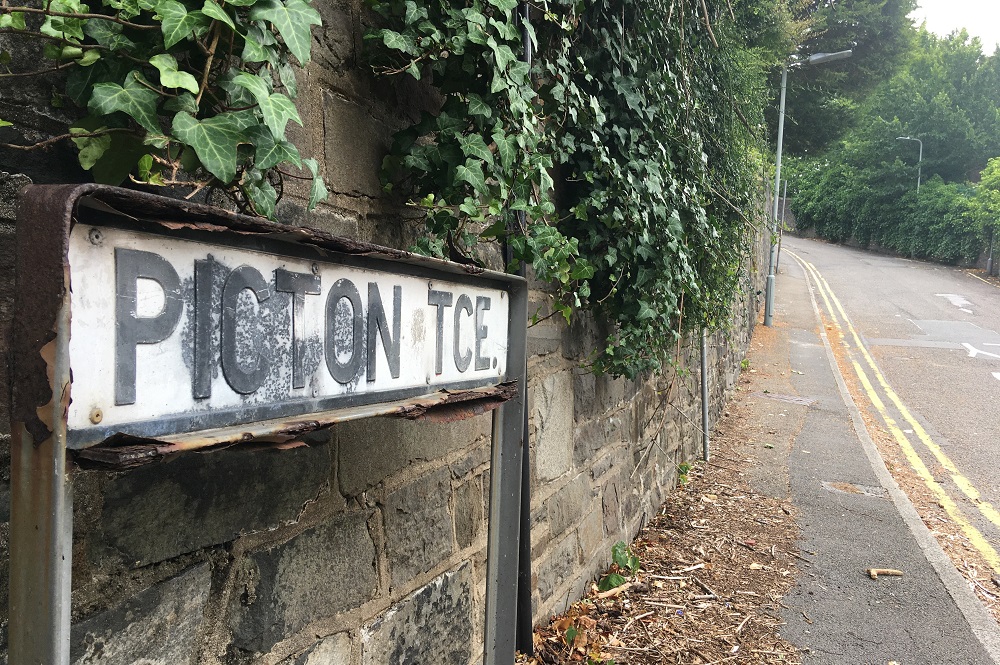Council approves measures to add ‘context’ to place names with links to slavery

Richard Youle, local democracy reporter
Place names in Swansea with links to the slave trade or exploitation are to be accompanied by panels or digital bar codes to give a fuller historical context.
And more lesser-known figures from Swansea’s past will be recognised in the future – a shift away from the traditional commemoration of industrialists and landowners.
The measures were recommended in a cabinet report, which cabinet enthusiastically approved at a meeting on March 18.
In addition, future decisions relating to street names will be delegated to senior council officers in consultation with cabinet members, but no changes would take place without scrutiny and wider consultation.
The acknowledgement of lesser-known characters has been evident for a while through Swansea Council’s blue plaques – the latest of which will be unveiled on March 25 in honour of Jessie Donaldson.
She campaigned for the abolition of slavery in the 19th Century, travelling to Ohio to operate a safe house which offered shelter to slaves fleeing from the plantations of the south to the relative safety of the north.
There could be consideration of a memorial to the 230 people killed during the Three Nights’ Blitz, and also to those who have died during the AIDS epidemic and the coronavirus pandemic.
A cross-party working group has been looking into these issues after Swansea councillors passed a motion last summer calling for names or public signs which had confirmed links to slavery or exploitation to be removed where possible.
The motion, which followed widespread Black Lives Matter protests, also called for a deeper review of place names and more information about Swansea’s links to the slave trade and exploitation.
Equality
Council leader Rob Stewart said he was very supportive of the working group’s recommendations, adding that equality was still something “we’re not there on”.
He said: “Some groups face intolerance and hatred on a daily basis.”
The Labour leader said he was keen that individuals “banned on YouTube” did not misrepresent what was being discussed.
This wasn’t, he said, about deleting certain figures from history. It was, he said, about telling the full story and the part that Swansea played in the world.
Cllr Robert Francis-Davies, cabinet member for investment, regeneration and tourism, said: “It’s not rewriting the past, but learning from the mistakes of the past.”
He added that modern day slavery was a live issue which needed to end.
Cllr Louise Gibbard, who headed the working review, said new role models were needed to inspire the next generation. It was an ongoing conversation, she said, “about what Swansea is and who Swansea people are”.
Cllr Elliott King, cabinet member for children services, said he was pleased to see mention of a potential AIDS memorial – a disease he said had directly and indirectly caused 33 million deaths worldwide.
Cllr Jennifer Raynor, who has the education portfolio, said it was a very timely report.
“For too long individuals and groups have almost been hidden from view,” she said. “This is about recognising the real role many people have played in our history.”
A new walkway in the city centre Copr Bay development is being named after champion sprinter Cyril Cupid, who died in 1965.
His father was a West Indian zinc worker; his mother a Welsh woman.
Cyril was said to be the first Welshman to run under 10 seconds for the 100 yards, and he qualified for the first Welsh team to compete at the Empire Games – now the Commonwealth Games – in 1934.
The cabinet report said Swansea named many of its new streets after prominent local industrialists, members of the local gentry, and Welsh and British military heroes.
“Coincidentally, some of these figures had direct or indirect involvement with the British slave trade, owned slave plantations or were connected with slave-owning families,” it said.
“The history of Swansea includes individuals of conscience who have fought for improved social justice, whether that be the abolition of slavery, women’s voting rights, greater gender equality or other social and educational reforms.”

Support our Nation today
For the price of a cup of coffee a month you can help us create an independent, not-for-profit, national news service for the people of Wales, by the people of Wales.





